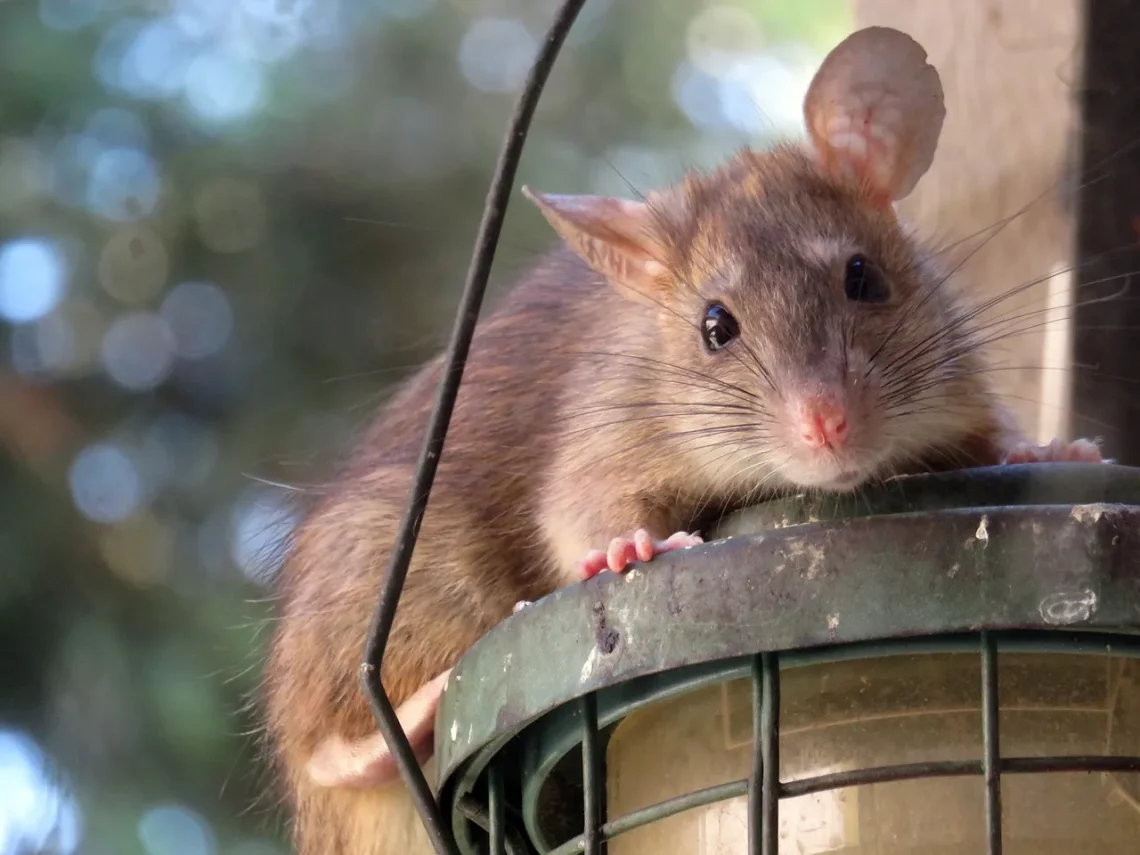
Do Rats Eat Dog Poop? Understanding Their Eating Habits
Rats are often viewed as pests, causing distress and concern in urban and rural environments alike. Their presence can signal uncleanliness, but they are also remarkably adaptive creatures that have thrived in a variety of habitats. Understanding their behavior, especially concerning feeding habits, can shed light on why they are found in certain areas and how they interact with their environment. One of the more surprising aspects of rat behavior involves their scavenging tendencies, which can lead them to consume a wide range of organic materials, including waste products left behind by other animals. This can include dog feces, leading many pet owners to wonder about the implications of this behavior.
The curiosity surrounding whether rats will eat dog poop stems from their omnivorous diet. Rats are not picky eaters; they will consume whatever is available to them, driven by their need for sustenance. This adaptability allows them to survive in various conditions, but it also raises concerns for pet owners and urban residents. The consumption of dog feces can be a signal of larger issues regarding waste management and animal control in a community. Understanding this behavior is crucial for both pet owners and public health officials, as it highlights the importance of responsible pet ownership and urban cleanliness.
Rats’ Natural Diet and Feeding Behavior
Rats are classified as omnivores, which means they eat a wide variety of foods, including fruits, grains, vegetables, and meats. Their feeding behavior is highly opportunistic, allowing them to thrive in diverse environments ranging from urban areas to rural farmlands. In the wild, rats primarily seek out food sources that are rich in carbohydrates and proteins to sustain their energy levels. They are known to forage for food, often traveling significant distances to find suitable meals.
The ability of rats to adapt their diet based on availability is one of the reasons they are so successful as a species. In urban settings, they often scavenge for discarded food items, including leftovers from restaurants, garbage bins, and even pet food left outside. This scavenging behavior can lead them to consume feces from various animals, including dogs, which may be a source of protein and nutrients for them.
When it comes to dog feces, rats may be attracted to the smell and nutrient content, particularly if the feces contain undigested food particles. This behavior is not limited to rats; many animals, including other scavengers like raccoons and opossums, exhibit similar tendencies. Understanding this aspect of rats’ natural diet can help pet owners take preventative measures to minimize the likelihood of attracting these pests to their yards.
It is essential to recognize that while rats may eat dog poop, this behavior can have implications for both the rats and the pets they encounter. Dog feces can harbor parasites and pathogens, which can be harmful not only to rats but also to other animals and humans. Therefore, responsible pet ownership and regular waste cleanup can play a significant role in reducing the risk of attracting unwanted pests.
The Health Implications of Rats Eating Dog Feces
When rats consume dog feces, they expose themselves to a variety of potential health risks. Dog poop can contain various pathogens, including bacteria, viruses, and parasites, some of which can be transmitted to other animals and even humans. For example, parasites like roundworms and giardia can survive in fecal matter and pose a risk to the health of both rats and other animals that may come into contact with the contaminated waste.
Moreover, the consumption of feces can contribute to the spread of zoonotic diseases, which are diseases that can be transmitted from animals to humans. The presence of rats in urban environments is often linked to a higher incidence of certain health issues, particularly in areas with poor sanitation and waste management practices. This underscores the importance of keeping pet waste contained and disposed of properly to minimize the risk of attracting rats and other scavengers.
Pet owners should be aware of the potential consequences of leaving dog feces unattended in their yards or in public spaces. In addition to attracting rats, this waste can also contribute to environmental pollution and pose health risks to other pets and wildlife. Regularly cleaning up after pets and ensuring that waste is disposed of in sealed bags can help mitigate these risks.
It’s also essential to educate children and community members about the importance of proper pet waste disposal. By fostering a culture of responsibility and awareness, communities can work together to reduce the likelihood of attracting pests like rats and maintain a healthier environment for everyone.
Preventing Rat Infestations through Responsible Pet Ownership
Preventing rat infestations begins with responsible pet ownership and a commitment to maintaining a clean environment. Pet owners can take several proactive steps to minimize the risk of attracting rats and other pests to their properties. One of the most effective measures is to establish a regular routine for cleaning up after pets. This includes promptly disposing of dog feces in sealed bags and disposing of them in the trash.
In addition to waste management, pet owners should consider other aspects of their property’s cleanliness. Keeping yards free of clutter, tall grass, and debris can reduce potential hiding spots for rats and other pests. Regularly checking for gaps or holes in fences and structures can also help prevent rats from entering the property.
Another important consideration is the storage of pet food. Leaving pet food outside can attract a range of animals, including rats. Storing pet food in airtight containers and feeding pets indoors can significantly reduce the risk of attracting unwanted pests.
Community involvement is crucial in managing rat populations effectively. Local communities can implement initiatives to promote responsible pet ownership, including educational campaigns about the importance of proper waste disposal and sanitation practices. By working together, residents can create a cleaner, healthier environment, reducing the likelihood of rat infestations and the associated health risks.
Ultimately, maintaining a clean and well-managed environment is essential for the well-being of pets, wildlife, and humans alike. By understanding the relationship between rats and dog feces, pet owners can take informed steps to protect their pets and their communities.
Understanding the Broader Implications of Rat Behavior
The behavior of rats extends beyond their feeding habits and can provide insight into broader ecological and public health issues. Rats are often seen as indicators of urban health; their presence can signal underlying problems related to waste management, sanitation, and community cleanliness. When rat populations thrive, it can be a sign that environmental conditions are favorable for their survival, which often correlates with neglected urban areas.
Rats are highly intelligent and social animals, capable of adapting their behavior based on their environment. This adaptability allows them to exploit various food sources, including pet waste, which can have significant public health implications. Understanding the dynamics between rats and their habitats is critical for developing effective pest control strategies and ensuring a healthier urban ecosystem.
Moreover, the presence of rats can have psychological and social effects on communities. Their association with filth and disease can lead to fear and anxiety among residents, impacting quality of life. By addressing the root causes of rat infestations, communities can foster a sense of safety and well-being among residents.
It is also essential to consider the ecological role that rats play in urban environments. As scavengers, they contribute to the breakdown of organic materials, which can be beneficial for soil health. However, this role must be balanced with the need to manage their populations responsibly to prevent negative impacts on public health.
In conclusion, understanding the behavior of rats, particularly their tendency to consume dog feces, can inform better practices for pet ownership and community management. By recognizing the implications of this behavior, residents can take proactive steps to create a healthier environment for all.
**Note**: This article is for informational purposes only and should not be considered medical advice. For health-related concerns, always consult a qualified healthcare professional.




